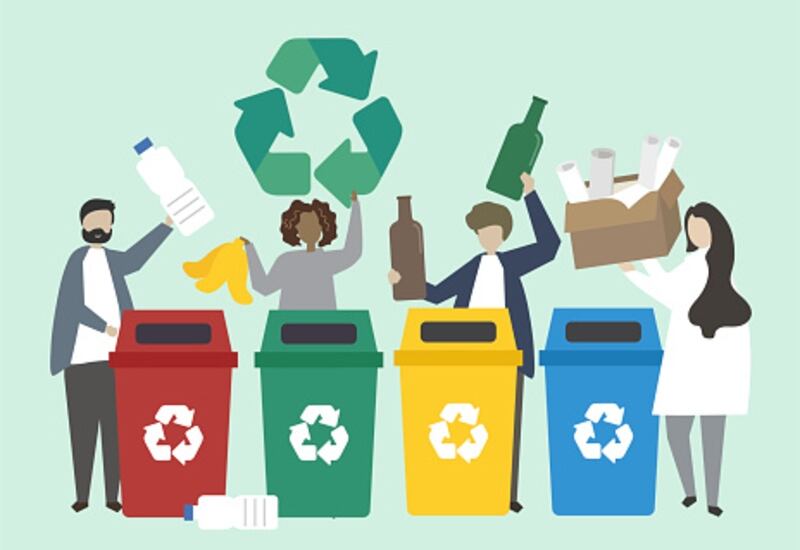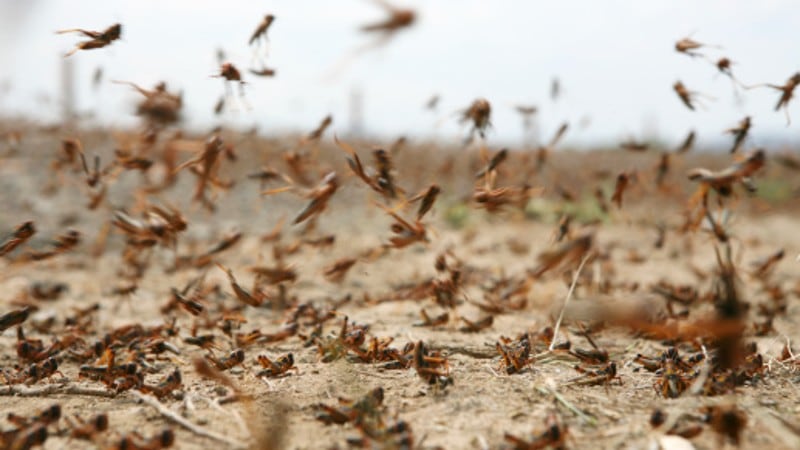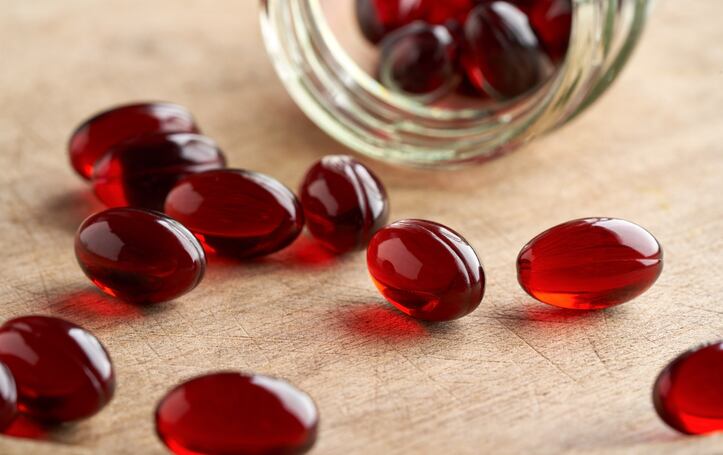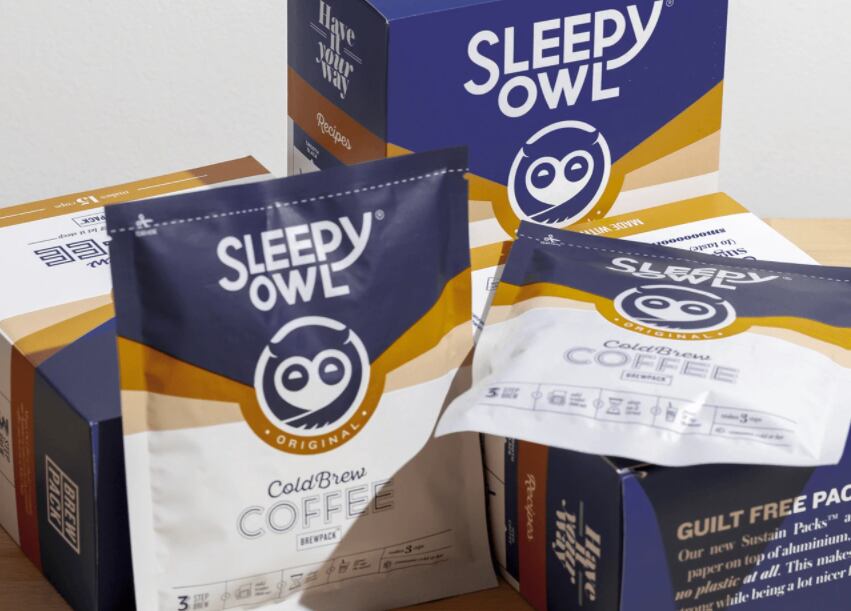Over the past few years, South Korea has been particularly zealous in creating and enforcing new packaging and recycling standards, including some of the most thoroughly differentiated on-pack recycling symbols in the region and a full ban on the use of hard-to-recycle materials for food and beverage packaging.
This is all linked to the nation’s quest to cut its plastic waste production by half by 2030, in addition to doubling its recycling rates from 34% to 70%.
In its latest initiative, the local Ministry of Environment (MOE) and Ministry of Food and Drug Safety (MFDS) launched a new set of standards and requirements to govern the use of recycled materials to make new food packaging.
“[As the amount of recycled material in the system increases], there are still concerns that hazardous substances may be transferred into food from packaging made [from these], so these standards and specifications aim to prevent harm to public health whilst still promoting the distribution of [recycled] packaging],” MFDS said via a formal statement.
“As part of the general recycling standards, recycled synthetic resins [from previous packaging] can be used for parts of food packaging that do not come into direct contact with the food at any point during manufacturing and processing. It is of course compulsory for these to be processed such that there are no risks of toxic substances being transferred into the food products.
“If the recycled synthetic resins are to be used in instances where these come directly into contact with the food product at any point, there are specific criteria these must meet for this to be allowed. For instance, materials that have undergone chemical recycling (repolymerisation) [would generally be accepted].
“Another potential acceptable situation is if the resins are made from PET that meets the criteria of and has been recognised by MOE as [suitable for] food in accordance with the Waste Management Act and any other guiding laws.”
MFDS has separated the various types of potential synthetic resin materials into nine categories including olefins, esters, vinyl chlorides and so on and both food product manufacturers and food packaging producers intending to use recycled materials for packaging are urged to double check the precise specifications required by the ministry as published online here.
Functional packaging
Interestingly, the ministry has also included a section in these new standards specifying requirements for functional packaging, also called active or intelligent packaging.
“Active and intelligent containers/packaging are containers/packages used in direct contact with food to remove or alleviate factors that degrade food quality, or to provide information on food freshness, [or have other functionalities],” said MFDS.
“For these, it is compulsory for the container or package to be manufactured in accordance with standards such that the [functional material] is not transferred into the food [or] are otherwise converted to be part of the food [if these are designed to do so], with the caveat that the food safety and other quality characteristics are not affected.”
This indicates a potential rise in interest within South Korea regarding the use of functional packaging for food and beverage products, which would jive with the government’s 2030 target to double the value of the local food industry.
Polystyrene still safe
That said, MFDS is still not ruling out the widespread use of polystyrene containers (widely regarded to be one of the least environmentally-friendly packaging materials available) in the short term as these are still crucial for the industry as packaging for various staple foods including cup noodles.
The ministry even ran a safety study on the leaching of volatile substances by polystyrene into food products earlier this year to prove to the public that using these are safe, after public concerns were raised.
“We ran the test under conditions harsher than that of general usage [using an elution solvent] but only trace amounts of styrene were found in eight out of 49 cases and at a risk level that was 2.2% lower than the human exposure safety standard, so this was still a safe level,” said MFDS via a separate announcement.
“There were no volatile substances found in the cup noodles container even when exposed to water at 70°C for 30 minutes [and] all residue tests conducted found less than 5,000 mg/kg of residual volatile substances [which is] within the safety standards.
“Importantly though is that consumer must take care not to expose the container to hot oil or heat this in a microwave oven - this will likely deform or puncture the container [as] it is not built for these purposes. Adding boiling water to it is not a problem though.”





